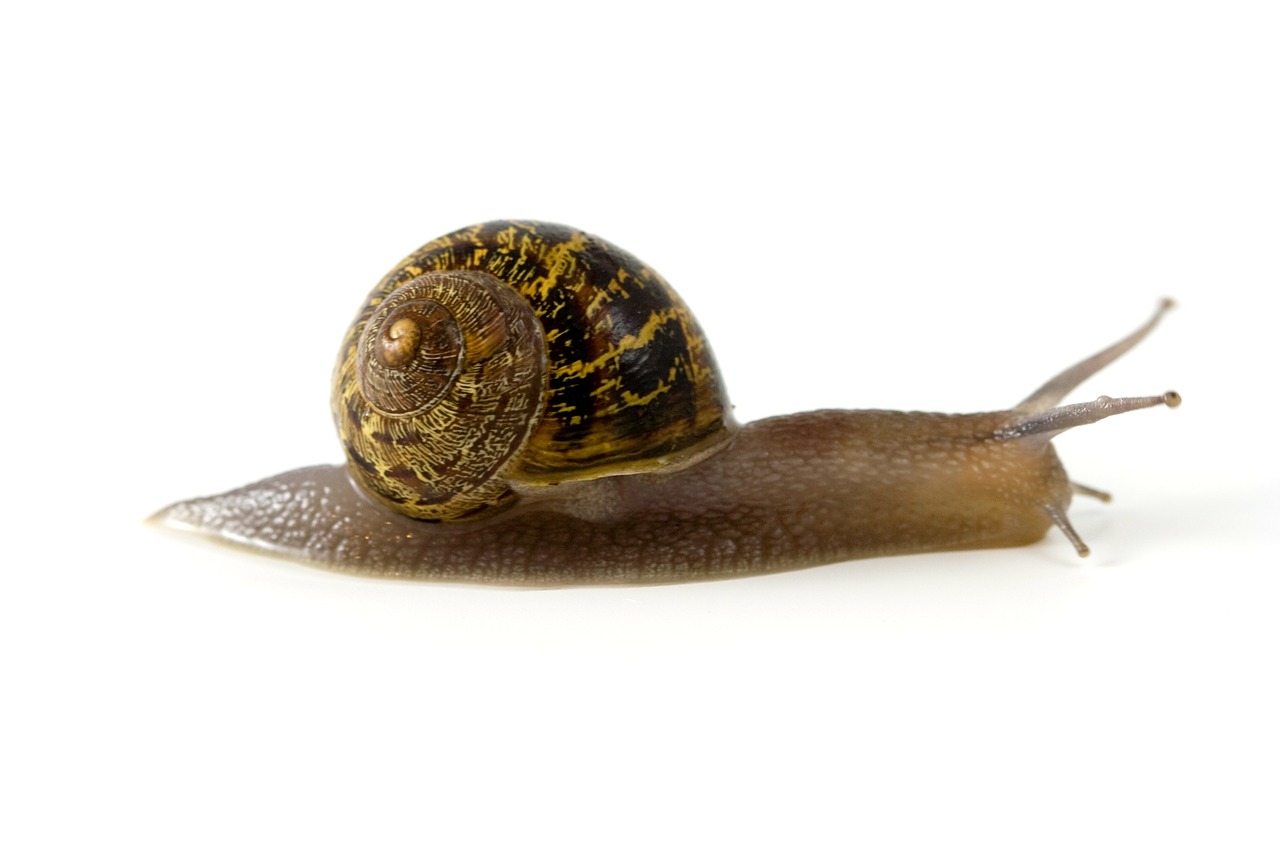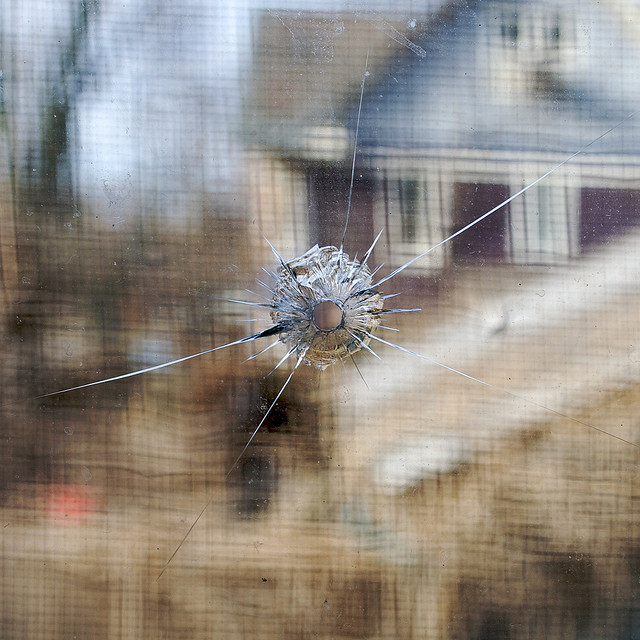Julia LaSalle
I’m riding a tricycle around an indoor track and I have a mollusk in my mouth. My husband is leaning over the rails about 15 yards away, yelling and gesturing and urging me on. His face looks mad. Inside my mouth the mollusk squirms.
“Whoever does the most laps while keeping the mollusk alive,” says the announcer, “wins.” When I pass my husband I don’t look to the side. I keep my head straight ahead, looking over the plastic handle bars.
“The mollusk must be alive to win.” That’s what the announcer says. He has said it again and again in a million different ways as if we don’t all know the rules by now. We all know the rules. The mollusk has to be alive to win. No shit. I’ve been holding mine in my mouth for hours.
The whole event is reaching a frenzy. Women are dropping out of the contest left and right, crashing on their tricycles, swallowing their snails, and it’s become clear to me that I have a chance.
I press the mollusk lightly with my tongue, cradling him. Commanding my jaw to stay relaxed even though I’m pedaling fast and my chinstrap is tight. The mollusk has to be alive. That’s part of it. That’s the most important part.
The crowd is scattered; they are hysterical with yells, but the only words I can discern come from the announcer and my husband. The announcer states and restates the rules. My husband urges me constantly and constantly on.
My mollusk wiggles his slime toward the back of my throat, and it breaks my concentration. I blink, see my husband again, and wreck.
I go over the handle bars and while I’m on all fours the mollusk drops out of my mouth.
“Come on, Mary Beth!” my husband screams, suddenly beside me. “Come on!”
The mollusk writhes on the track, his shell in two pieces, his body completely exposed.
“Mary Beth is down,” the announcer is saying, “But she can still go on. If the mollusk is still alive, she can still go on.”
The mollusk’s body is white, almost glowing he’s so white. His body twists and leaves a wet spot.
“Go on, Mary Beth!” my husband yells and I hate him for it.
I scoop the mollusk up with the shell pieces, pop the whole thing in my mouth, and pedal again, until the crowd becomes bored with the few of us left and starts to disperse.
Though my husband doesn’t budge. He continues to scream and yell.
When I crash again, my eyes are bleary. My mollusk on the ground is now a tiny thing. I crushed some of him with my teeth in the fall but a small piece still squirms.
“Get up, Mary Beth!” my husband is yelling—but my mollusk’s shell pieces are gone. “Go on!”
“She can still win this battle,” the announcer says, “if she can put a shell together from the pieces against the rail.”
And so I try.
Alongside the rail are the crushed and dead pieces of other mollusks and trikes, the rubble and flotsam from contestants who didn’t go as many times around.
“Without the shell the mollusk won’t last long,” the announcer says. “A mollusk needs its shell to live and breathe and grow. Mary Beth must hurry.”
I sift through these broken pieces, all various shades of yellow decay. It smells like the sea and has a thousand sharp edges.
“Without a shell a mollusk won’t last long.”
There are two contestants left on trikes. I still have a chance, but it hurts my knees and hands to crawl in the garbage this way.
And when my husband yells “Mary Beth, Come on!” and I see my mollusk curling on itself—the last piece of the slimy white worm—I stand up, remove my helmet, and crush the mollusk with my sole.
Julia LaSalle’s work has appeared or is forthcoming in the following: Drunken Boat, Storyglossia, Opium, and Mississippi Review. Find her on Twitter @julialct1.


